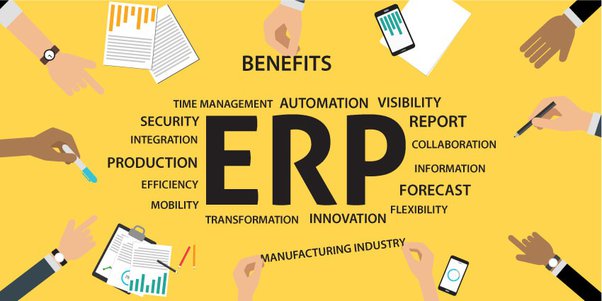What is MRP and how does it help manufacturers?
Planning is the key to proper management in a manufacturing company. Therefore, every manager and planner needs Material Requirement Planning software (MRP). Let discuss What Is MRP ? Material Requirement Planning is a business software that helps product-based manufacturers understand requirements in the industry and balance supply chain phenomenon. It manages inventory, schedules demand, and ensures the timely delivery. How Does it Help Manufacturers? The main function of the Material Requirements Planning system is to guarantee the availability of materials for the required production, procurement, or distribution. While using the MRP system , the user should maintain and manage the correct and reliable planning parameters such as replenishment lead time, safety stock, delivery time, and more. Material Requirement Planning software accelerates the manufacturing process by clearly defining which product is required, in what quantity, and at what time. MRP uses the information you ...
